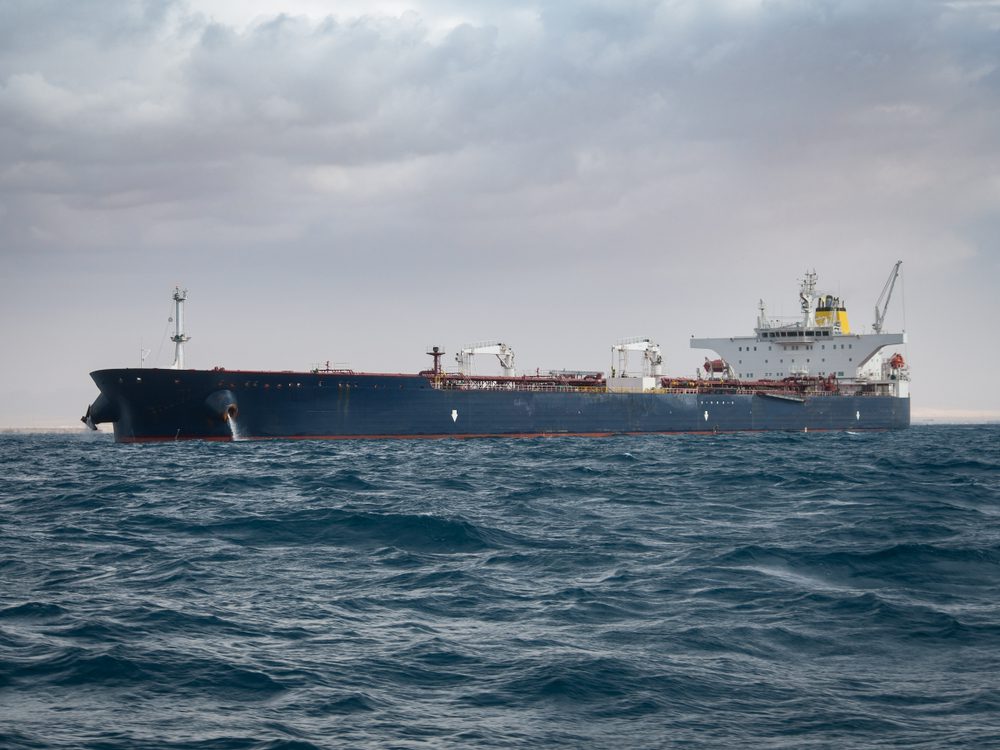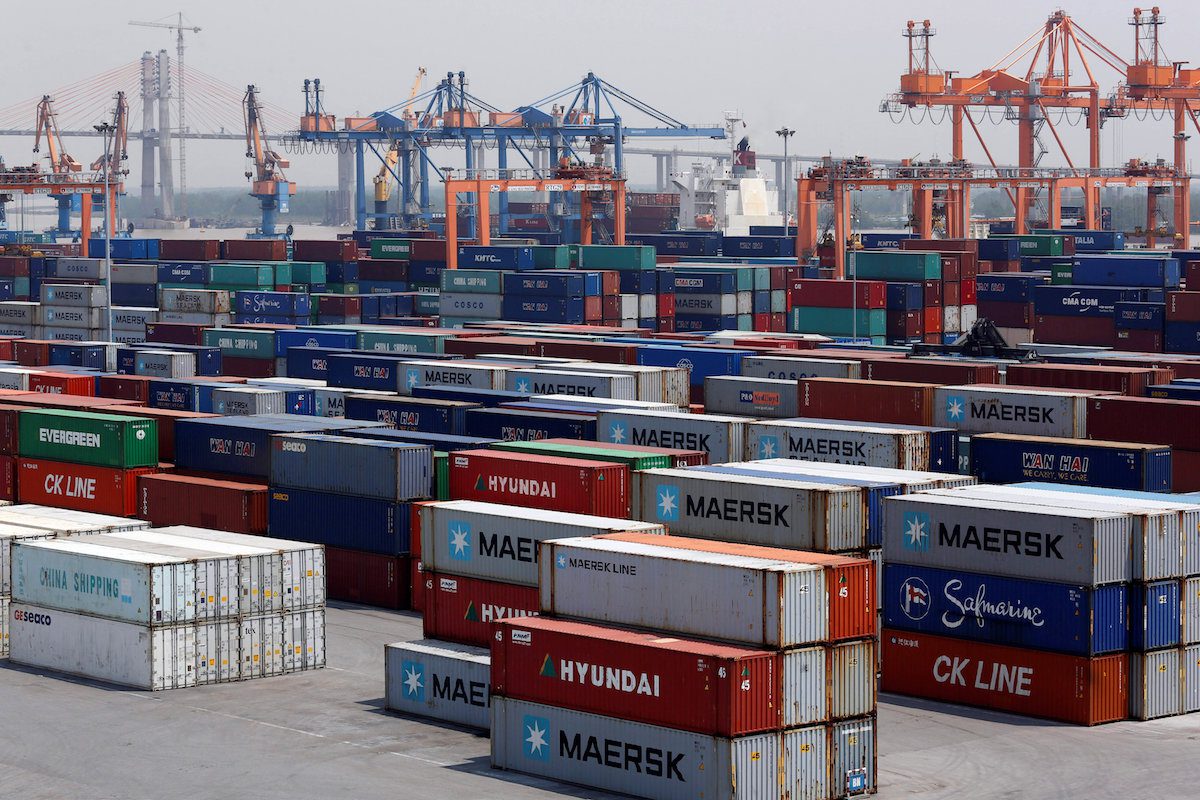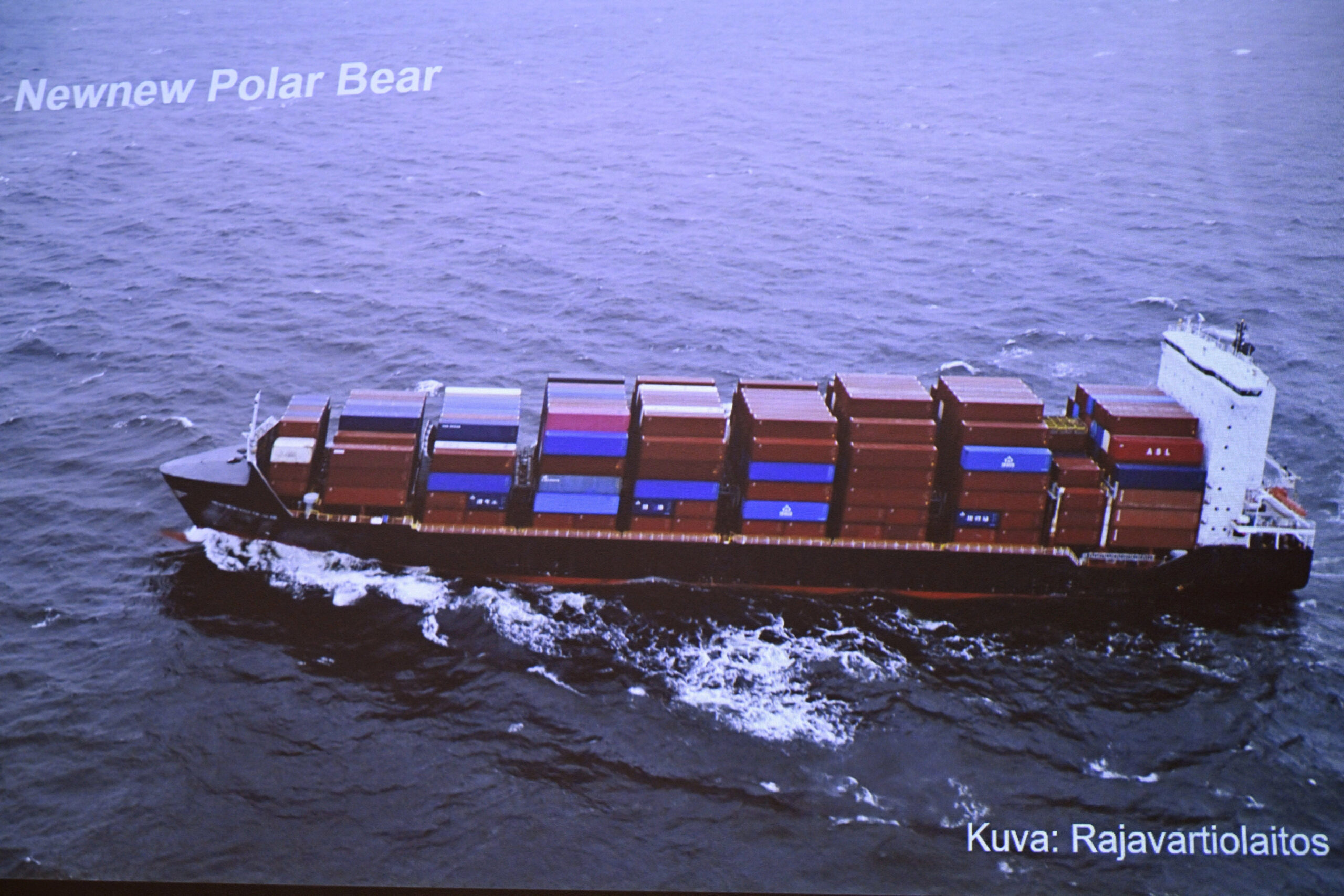By Swati Verma and Noah Browning
Feb 2 (Reuters) – The European Union’s ban on imports of Russian refined oil products, including diesel and jet fuel, will disrupt global flows once it takes effect on Sunday and could hurt Moscow more than an embargo on crude oil.
Although Western sanctions could force Russia to cut crude production and refining runs, which would further tighten global supplies, some analysts said the ban on products may ultimately have little impact on overall availability.
“Barrels will get out and find a market, logistical challenge but not a supply challenge,” senior research associate Ian Moore at global brokerage firm Bernstein.
The bigger issue could be for Russia in finding alternative buyers as China and India, which have proved keen to snap up its discounted crude oil, have plenty of their own refining capacity and are exporters of fuel products.
“While the ban would leave Russia with more crude to export, there may not be enough destinations to export the surplus to, and hence Russia may need to cut production by 5%-10%,” said DBS Bank energy analyst Pei Hwa Ho.
To try to compensate for an absence of European buyers, Russia ramped up diesel supplies to African and Mediterranean ports in January.
But a lack of tankers to carry these products and a potential lack of demand could make it more challenging for Russia to divert refined fuels to third party markets.
Europe has been turning to producers in Asia, the Middle East and the United States to diversify its sources of supply, but shipping will be costlier due to the longer sailing time.
For now, supplies remain ample in Europe, which is heavily reliant on Russian diesel imports, as traders stocked up ahead of the Western restrictions.
It is still unclear what the price cap for refined products can be as their pricing, far more complex than for crude oil, is dictated by differences in quality, determined by levels of sulfur and metals.
The EU has proposed a $100-per-barrel price cap on diesel and a $45 cap per barrel on discounted products such as fuel oil, but member states have yet to agree on those levels, with states aiming for a deal on Friday.
Approved by the G7 wealthy nations, the European Commission and Australia, the products ban follows a similar measure they implemented on Dec. 5 barring the sale, insurance and transport of Russian crude oil unless sold below a $60 price cap.
(Editing by Barbara Lewis)
(c) Copyright Thomson Reuters 2023.

 Join The Club
Join The Club












